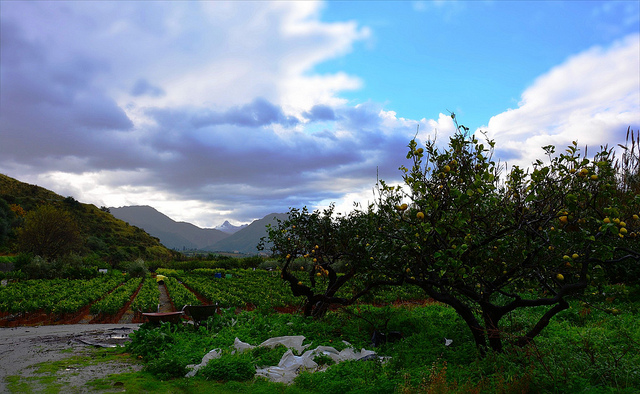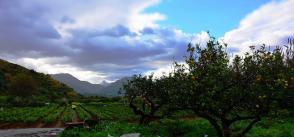
In the Mediterranean, no Climate-Smart Agriculture without Climate-Smart Policies
The transformation of agriculture in the Southern Mediterranean under the effects, which are already being felt, of climate change is a process initiated about ten years ago. The challenges of this transformation are based on two pillars:
As a priority, support the development and modernization of rainfed agriculture, which is the productive base of Mediterranean countries (it accounts for the vast majority of farmers), but is also the most vulnerable to climate change. For example, in Morocco and Tunisia, projects are conducted to disseminate direct seeding mulch-based cropping systems, which show that agricultural practices that conserve water and soil resources are indeed possible in the Mediterranean. Yet these dynamics pose a number of problems in terms of adoption, for example, due to the specific equipment that needs to be acquired or competition over organic matter between agriculture and livestock rearing (as animals traditionally graze on the fields following the harvest – common grazing – and export the crop residues, which prevents the formation of a layer of protective organic matter). Appropriate and proactive public policies can alone initiate these necessary changes.
Irrigated agriculture is the second pillar of these agricultural transformations, for its capacity to partly avoid water-related hazards, but too often obscures the priority effort that needs to be made for rainfed systems. AFD also finances a number of projects to extend and rehabilitate irrigation schemes in the Maghreb region and, in recent years, has been supporting countries like Morocco and Tunisia for their water saving programs. One of the aims of these programs is to prepare irrigated agriculture for a situation of increased water scarcity through the widespread development of plots with localized or drip irrigation. They are today showing certain limits in terms of effectiveness compared to the amounts invested to implement them. Indeed, this “hard” aspect of the problem of water uses must not, in this case also, draw a veil over the necessary social management of the resource, as a “common” good, for which a number of rules of use and best practices need to be decided at grassroots level, between farmers, users and the State representatives. This consultation and mobilization work by actors also requires a political and budgetary effort, which Southern Mediterranean countries still find difficult to accept.
Read the full article by Zacharie Mechali via Ideas 4 Development blog.
[Photo by SarahTz | Flickr]







